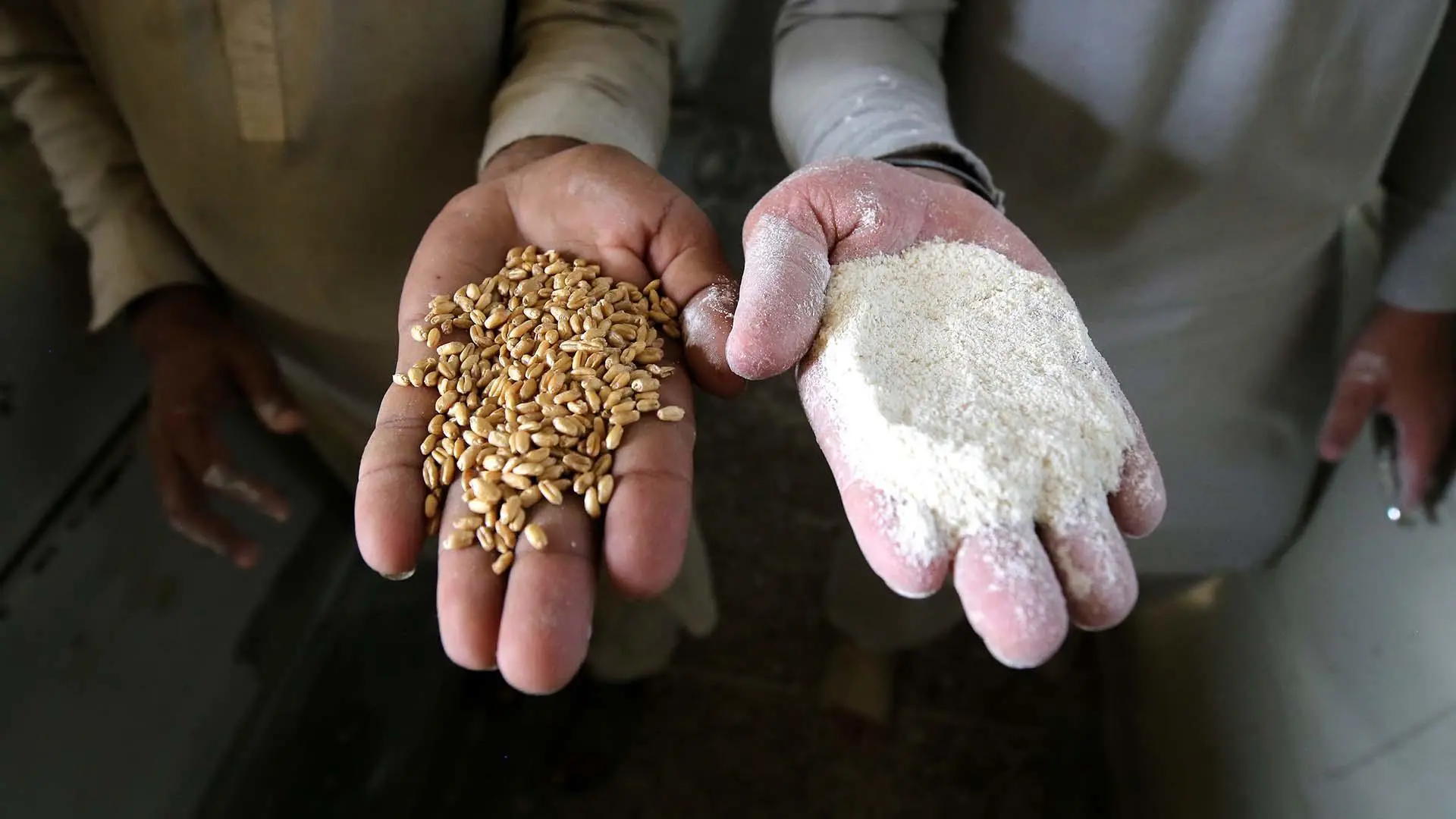Hidden hunger describes inadequate intake of vitamins and minerals essential for human health and this includes zinc, iron, Iodine and vitamin A.
Inadequate zinc intake alone is responsible for 0.8 million deaths a year, with one-third of the global population suffering from a zinc deficiency.
A programme of research and engagement, led by Professor Nicola Lowe has transformed nutrition support for the poorest people in north west Pakistan. Central to the research programme, is engagement with communities, local decision makers, stakeholders and academics working together in equal partnership. This decade-long interaction has influenced knowledge, attitudes and practice around nutrition support for poor communities. It has also generated data used to develop a strain of high-zinc wheat that was launched in Pakistan in 2016.
The work also directly impacted on three separate international government policies: the Pakistan Dietary Guidelines for Better Nutrition, 2018, the European Food Safety Authority New Dietary Recommendations for Zinc, and the Nutrition Guidelines for Cystic Fibrosis in Australia and New Zealand, 2017. As well as informing new dietary recommendations it has provided new information for the diagnosis of zinc deficiency and has launched new training programmes in nutrition for researchers addressing malnutrition in Pakistan. This research goes towards achieving UN Sustainable Development Goals which will enhance agricultural productive capacity in developing countries.
Research team
- Professor Nicola Lowe
- Professor Fiona Dykes
- Professor Mick McKeown
- Dr Victoria Hall Moran
- Dr Heather Ohly
- Anna Skinner (Stammers)
- Dr Marisol Warthon-Medina
- Dr Swarnim Gupta

